A familiar food on the Vietnamese dinner table, carrots are recognized by modern medicine as having many significant health benefits. In China, this root vegetable is also known as “little ginseng” because of its ability to support the liver, cardiovascular system and immune system.
Carrots - "little ginseng" in the eyes of Chinese experts
According to Zhihu, expert Ma Guansheng - Director of the Department of Nutrition and Food Hygiene, School of Medicine, Peking University, carrots are foods containing many essential nutrients such as vitamin A, B vitamins, beta-carotene, potassium, calcium, iron and fiber.
With its diverse nutritional content, this root vegetable not only helps nourish the body but also supports important organs such as the liver, cardiovascular system, and blood sugar. Therefore, the Chinese fondly call carrots “little ginseng” - that is, miniature ginseng.
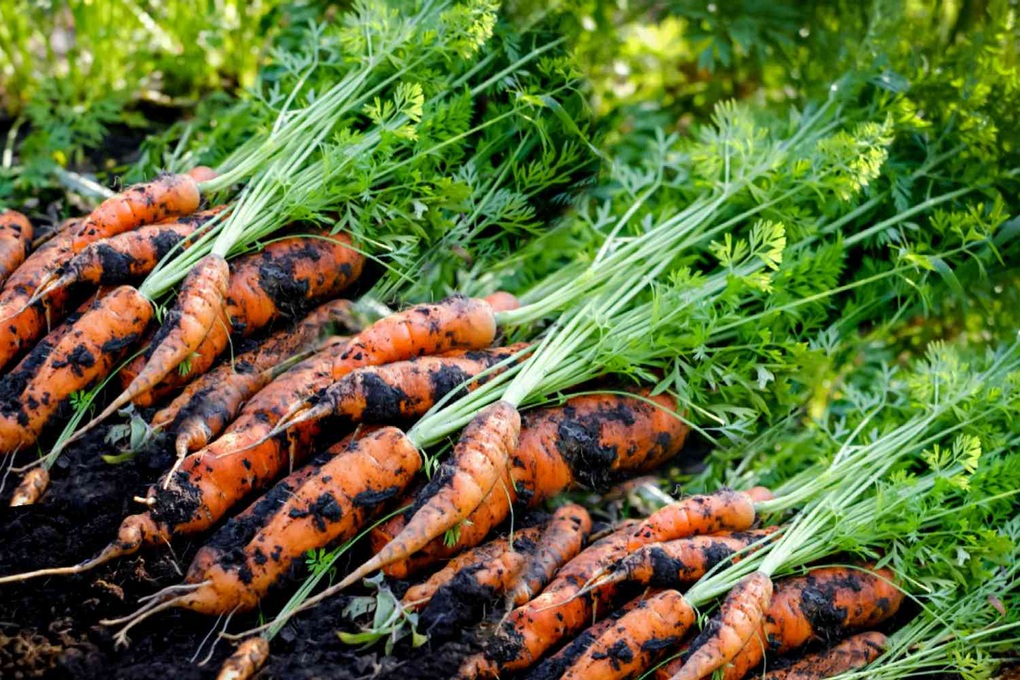
Carrots have many health benefits (Photo: Getty).
Not only popular on the dining table, carrots are also a crop that brings high economic value to many localities. Hai Duong province is considered the "capital of carrots" with a growing area of about 1,500 hectares per year, an output of 80,000-100,000 tons, and an estimated revenue of about 800 billion VND.
In addition to Hai Duong, carrots are also grown in regions such as Da Lat, Bac Ninh , Nghe An... The planting period takes place from August to February of the following year and is harvested from November to May, helping to ensure year-round supply.
At traditional markets or supermarkets, carrots are always easy to find vegetables, with prices ranging from 10,000-25,000 VND/kg depending on the season.
5 remarkable health benefits of carrots
1. Reduce the risk of cancer
Carotenoids - the compounds that give carrots their distinctive color - have high antioxidant activity, helping to neutralize free radicals, thereby reducing the risk of cell damage. Some studies published in Health magazine show that carotenoids can help prevent prostate cancer, colon cancer and even some types of leukemia.
2. Supports cardiovascular health
Carrots contain a lot of soluble fiber, especially pectin, which helps reduce cholesterol absorption in the intestine. In addition, the potassium in carrots helps regulate blood pressure. These factors combine to improve cardiovascular health, especially in middle-aged and elderly people.
3. Stabilize blood sugar
Carrots have a low to moderate glycemic index (GI), especially when eaten raw or steamed. This makes them a good choice for people who need to control their blood sugar, including those with prediabetes and type 2 diabetes.
The fiber in carrots also helps slow down sugar absorption, maintaining stable insulin levels.
4. Good for the liver
Beta-carotene, when entering the body, will be converted into vitamin A - a nutrient necessary for the detoxification process and liver cell recovery. A regular diet with carrots is said to reduce the risk of fatty liver and support more effective liver function.
5. Boost immunity
Vitamins A and C in carrots play an important role in the production of antibodies and enhance the body's resistance to pathogens. Especially in the cold season or during the recovery period after illness, carrots are a food that should be supplemented.
How to use carrots to preserve nutrients
Nutritionists recommend not overcooking carrots, as prolonged high temperatures can destroy vitamin C and some of the beta-carotene. The best way to prepare them is to steam or lightly stir-fry them with a little oil to increase the absorption of carotenoids, which are fat-soluble.
Also note: don't eat too many carrots every day. Too much beta-carotene can cause carotenemia - yellowing of the skin, especially the palms and soles. While not dangerous, it is a sign that the body is accumulating too much carotene.
Carrots are a great food, but it is important to eat them properly and in balance with other vegetables. A meal with enough green vegetables, including carrots, potatoes, beets, pumpkins, etc. will help the body absorb a variety of micronutrients without worrying about overloading any one type of nutrient.
Source: https://dantri.com.vn/suc-khoe/loai-cu-duoc-trung-quoc-vi-la-tieu-nhan-sam-bo-gan-ban-day-cho-viet-20250528110403641.htm


![[Photo] General Secretary To Lam receives Chief of the Central Office of the Lao People's Revolutionary Party](https://vphoto.vietnam.vn/thumb/1200x675/vietnam/resource/IMAGE/2025/5/30/140435f4b39d4599a3d17975dfb444c5)
![[Photo] A delegation of 100 journalists from the Vietnam Journalists Association visits the soldiers and people of Truong Sa island district.](https://vphoto.vietnam.vn/thumb/1200x675/vietnam/resource/IMAGE/2025/5/30/0984a986227d4e988177f560d2e1563e)
![[Photo] Journalists moved to tears at the Memorial Service for the soldiers who died in Gac Ma](https://vphoto.vietnam.vn/thumb/1200x675/vietnam/resource/IMAGE/2025/5/30/9454613a55c54c16bf8c0efa51883456)

![[Photo] National Conference "100 years of Vietnamese Revolutionary Press accompanying the glorious cause of the Party and the nation"](https://vphoto.vietnam.vn/thumb/1200x675/vietnam/resource/IMAGE/2025/5/30/1cf6cd5c8a934ebfa347028dcb08358c)




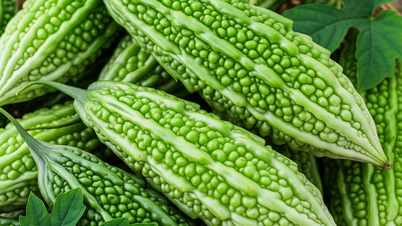



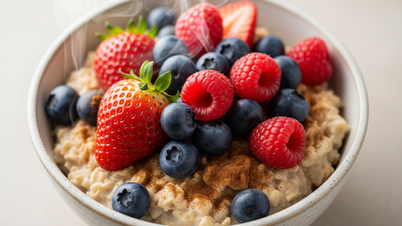







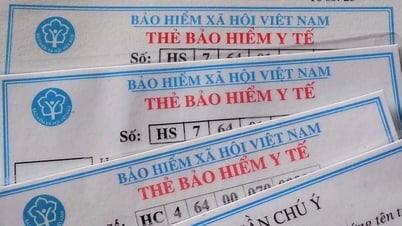








































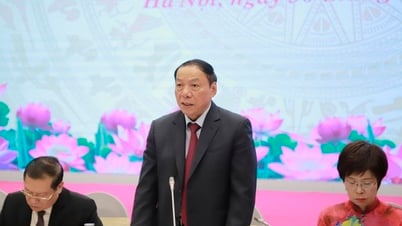








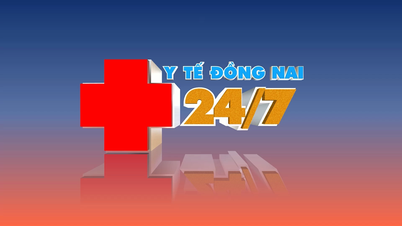















Comment (0)